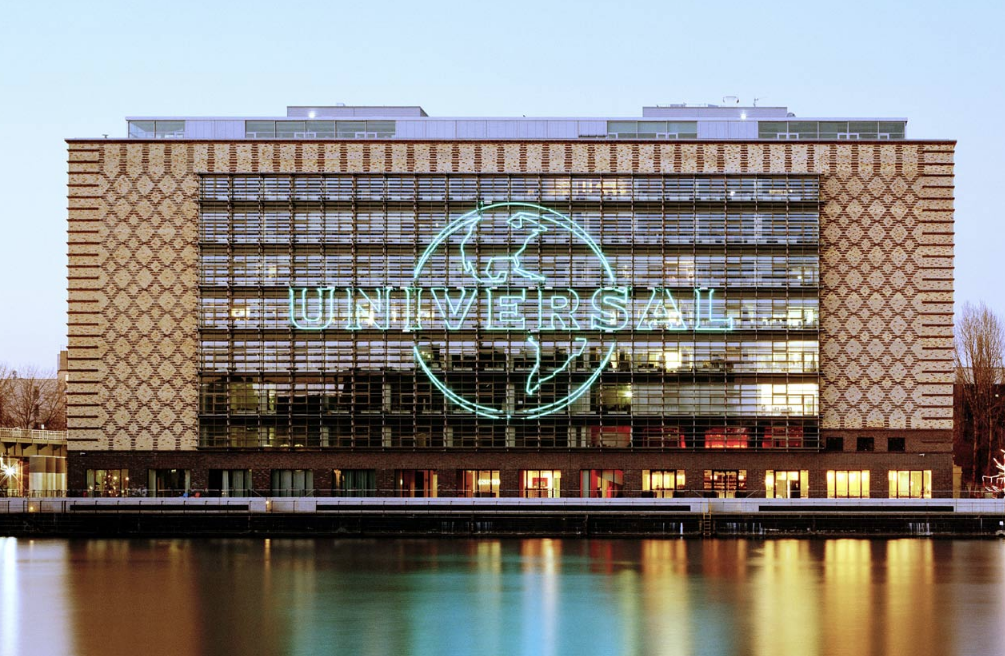Why is Universal Music’s IPO in Amsterdam, and why are Vivendi shareholders already smiling?

Just why is Universal Music Group’s (UMG) IPO at the end of the year in Amsterdam, not London?
The official explanation from UMG parent, French-based Vivendi, is that the Netherlands is “a country which has been one of UMG’s historical homes”.
An early incarnation of UMG was PolyGram N.V., which was based in the Netherlands.
It was founded in 1962 as the Grammophon-Philips Group by Dutch corporation Philips and German corporation Siemens.
It was renamed PolyGram in 1972 to reflect the Siemens interest in Polydor Records and the Philips interest Phonogram Records.
In 1998, PolyGram was sold to alcohol distiller Seagram for US$10.6 billion which owned film, television and music firm Universal Studios.
The music asset became Universal Music. Seagram hit the financial skids and Vivendi got it in 2000 for US$34 billion and folded into UMG.
However as the Financial Times explained, the selection of Amsterdam in more practical terms, is a consequence of Brexit.
Amsterdam has surpassed London as Europe’s largest share trading centre since January 2021, as the Netherlands scooped up business lost by the UK post-Brexit.
That month, Euronext Amsterdam was trading €9.2 billion (A$14.3 billion) shares a day, a more than fourfold increase from December.
In the meantime, London fell sharply to €8.6 billion (A$13.4 billion), “dislodging the UK from its historic position as the main hub for the European market”, the Financial Times said.
The FT explained much of this fall was due to the fact there’s a ban on EU-based financial institutions trading in London “because Brussels has not recognised UK exchanges and trading venues as having the same supervisory status as its own”.
According to Vivendi, the Tencent-led consortium’s acquisition of 20% of UMG based on an enterprise value of €30 billion (A$46.7 billion) has led to “interests expressed by other investors at potentially higher prices” for stakes in Universal.
As a result, Vivendi has decided 60% of UMG’s share capital will be distributed to Vivendi shareholders, in the form of special dividend.
An extraordinary shareholders’ meeting will be called for March 29, 2021 to approve this distribution.
After this disposal, UMG would be roughly owned 20% by the Tencent consortium, 20% by Vivendi, 16% directly by the Bolloré group (which owns around 27% of Vivendi) and 44% by other Vivendi shareholders.
An estimate shows that someone with a 1% stake in Vivendi today would receive a 0.6% stake in Universal, which would be worth €180 million (A$280.6 million).
A statement from Vivendi CEO Arnaud de Puyfontaine and chairman of its supervisory board Yannick Bolloré suggested: “UMG would be in a position to take advantage of greatly increased financial flexibility to pursue its dynamic growth and its pioneering role in the music and entertainment industry, to the benefit of artists and fans everywhere.
“We will be able to count on additional financial resources with a strategic roadmap based on several pillars: the creation of high-quality content and global distribution capabilities; the development into new entertainment formats and high-potential markets; an increasing level of integration between our businesses and activities.”
UMG CEO and chairman Sir Lucian Grainge told his staff in a memo: “Not only is this a validation of our strategy, our teams, and our unprecedented record of success, it’s a natural evolution in the storied history of our company that will enable our entrepreneurial and creative culture to continue to soar.
“We’ll continue to drive towards our strategic goals – full steam ahead.
“We’ll remain committed to our artists and songwriters.
“And we’ll continue to innovate and help lead the music community towards an incredible next chapter.”






























